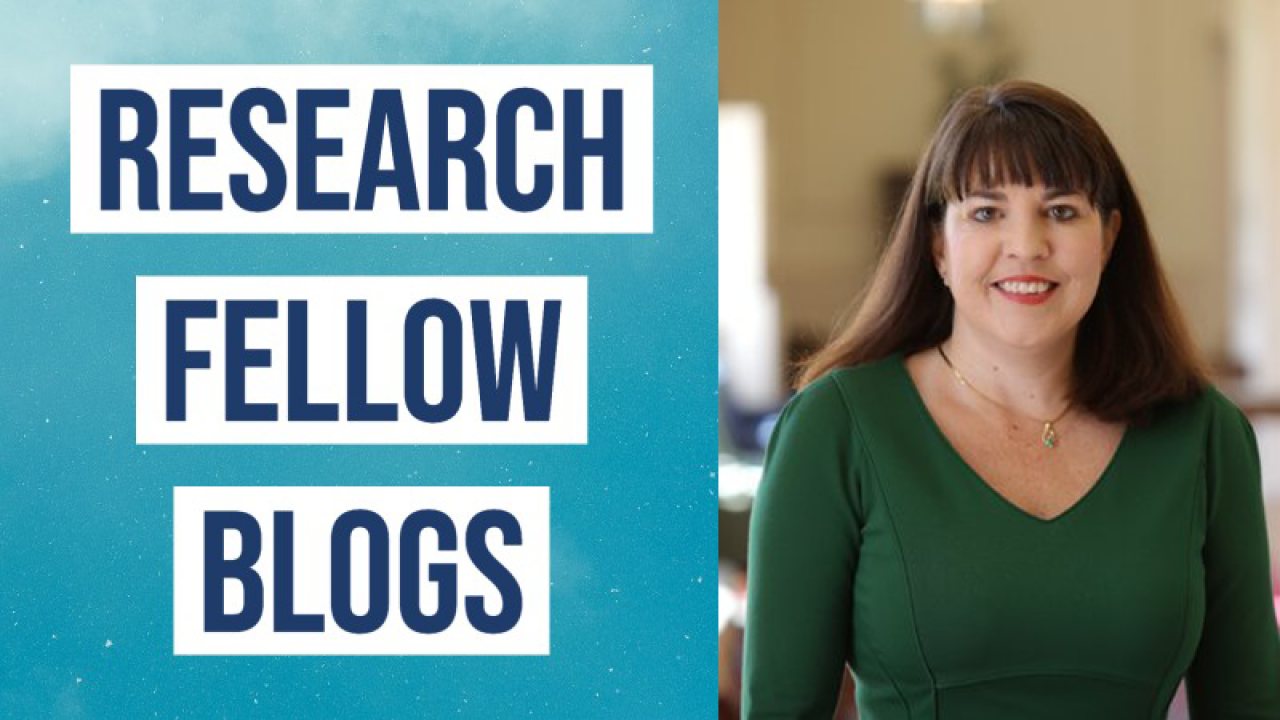December 17, 2020
Study identifies ethical issues, essential competencies and deficiencies in public relations

By Marlene S. Neill, Page Center research fellow
In 2018, the Arthur W. Page Center appointed me as a research fellow to conduct a study in response to the 2017 Commission on Public Relations Education (CPRE) Report on Undergraduate Education, specifically to provide guidance for ethics education.
The CPRE found that public relations professionals ranked ethics third behind writing and communication as a necessary competency to work in public relations. In addition, the professionals completing the survey indicated that new professionals are not meeting their expectations in this area.
In response to the CPRE report, a Delphi study was conducted with leaders within the public relations profession followed by 40 personal interviews. A Delphi study typically consists of structured questions answered by a panel of experts involving at least two rounds with the goal of obtaining consensus (Wakefield & Watson, 2014).
The results of the study have been published in the Journal of Media Ethics. Here are some highlights from the study:
In round one of the Delphi study, participants answered three open-ended questions:
- Please list and describe five common ethical issues that you and/or colleagues you personally know have faced in public relations practice in the past five years,
- Please list and describe five examples of knowledge, skills and/or abilities related to ethics in public relations that you consider to be essential for a successful career in public relations,
- Please list and describe five examples of knowledge, skills and/or abilities related to ethics in public relations that you consider to be lacking among public relations professionals in general
The initial responses were analyzed using standard qualitative data techniques and the list of ethical issues was narrowed to 20 items, 25 for essential skills and 20 for skills that were lacking. In round two, participants were asked to rank the items that emerged from the first round. The items were displayed in random order to reduce bias.
In regard to research question one, the top ten issues were
- Transparency/Disclosure/Selective truth telling
- Lack of ethics training
- Deceptive practices/False narratives/Intentional lying
- No consequences for unethical behavior
- Verifying Facts/Information
- Confidentiality
- Conflicts of Interest
- Violation of company/organization’s core values
- Honesty/Pressure to lie
- Executive Behavior/Misconduct/Cutting Corners/Hostile Work Environment/Sexual Harassment
In regard to research question two, the knowledge, skills and/or abilities related to ethics in public relations that are essential include:
- Personal code of conduct/Ethics/Values system
- Personal behavior/Integrity/Accountability/ Trustworthiness
- Awareness/Knowledge of code of ethics/Identify ethical issues/Discernment
- Critical thinking/ Problem solving
- Honesty/Transparency/Truthfulness/Candor
- Courage/Speak truth to power
- Strategic Planning
- Judgment
- Counseling abilities/ Ability to articulate and provide recommendations/Oral Communication
- Leadership/Team building
In regard to research question three, the knowledge, skills and/or abilities related to ethics in public relations that are lacking were identified as:
- Courage/Speaking up/Confidence
- Ethical awareness/Moral understanding
- Judgment/ Critical thinking/Problem solving
- Leadership
- Personal behavior/Accountability/Integrity
- Transparency/Disclosure/Candor
- Moral Compass/Values-based decision making
- Conflicts of interest
- Strategic planning/Research/Measurement
- Respect for others
Interview Phase
The interview participants provided additional insights regarding these same issues. While several interview participants discussed times when they successfully provided ethics counsel, six of the interview participants said they either resigned or were fired when their counsel fell on deaf ears. A seventh participant said she recently left her job after witnessing unethical practices at a public relations firm, which included using taxpayer dollars for lobbying efforts. These findings justify the need for courage, which appeared on both the list of essential competencies and those that are lacking.
Implications for Education & Practice
This study has identified the core competencies related to ethics that are essential for a successful career in public relations, based on the perspective of seasoned leaders in the profession. Both students and public relations professionals should review this list and work to develop their skills in these areas. They also should pursue professional development opportunities and mentors to aid in their moral development and to provide guidance to handle specific ethical issues.
Neill has been a research fellow with the Page Center since 2018 and a Center scholar since 2015. She is an associate professor in the Journalism, Public Relations and New Media Department at Baylor University.
Additional Resources
Neill, M.S. & Barnes, A. (2018). Public Relations Ethics: Senior PR Pros Tell Us How to
Speak Up and Keep Your Job, New York: Business Expert Press.
Wakefield, R.., & Watson, T. (2014). A reappraisal of Delphi 2.0 for public relations research.
Public Relations Review, 40(3), 577-584. doi:10.1016/j.pubrev.2013.12.004
